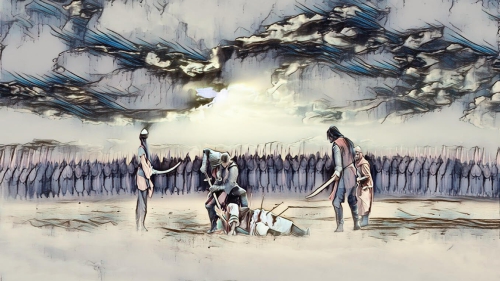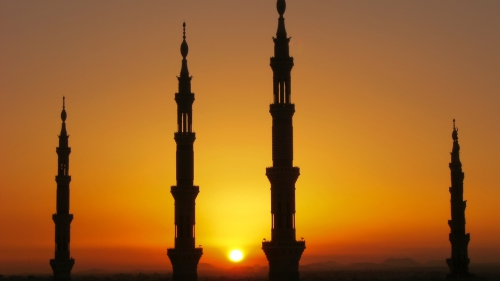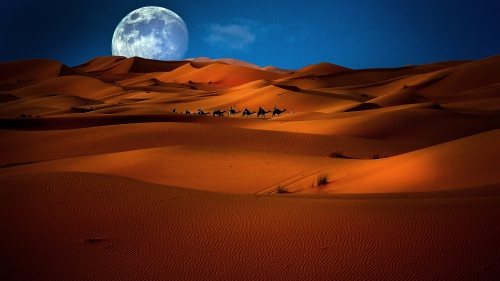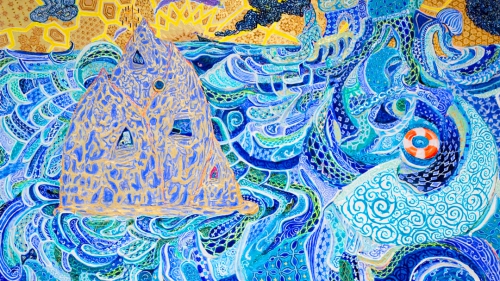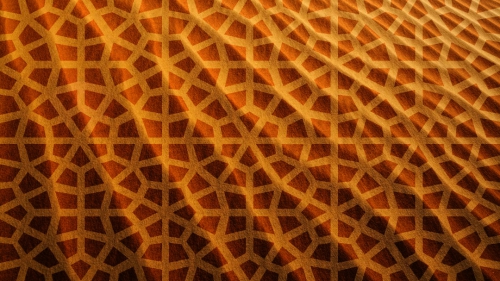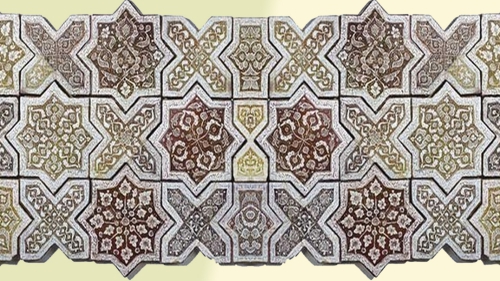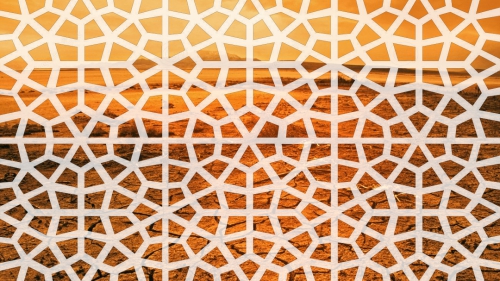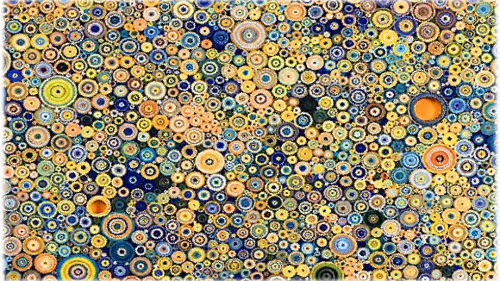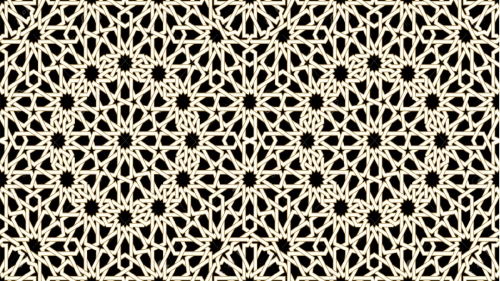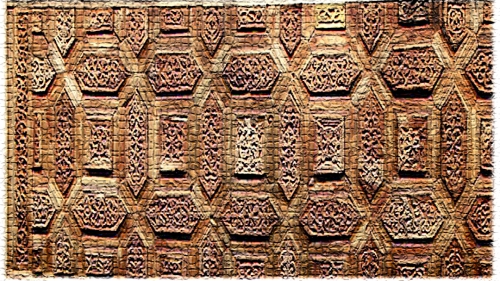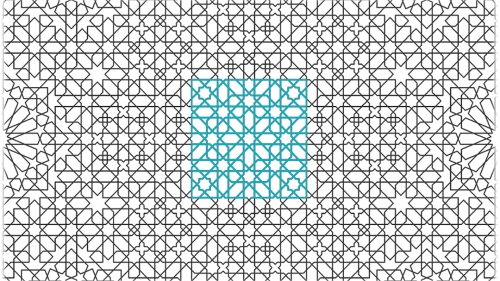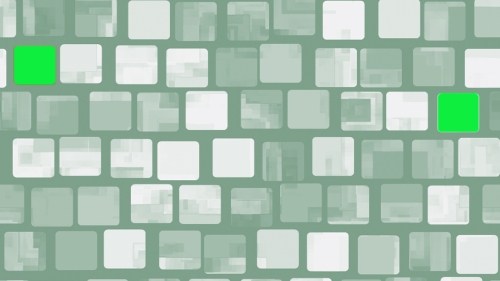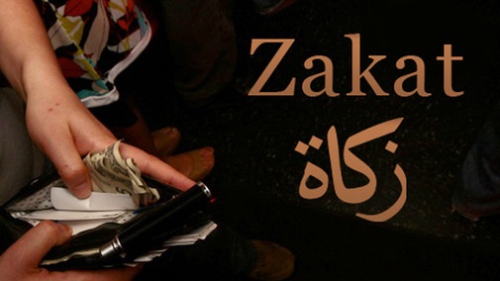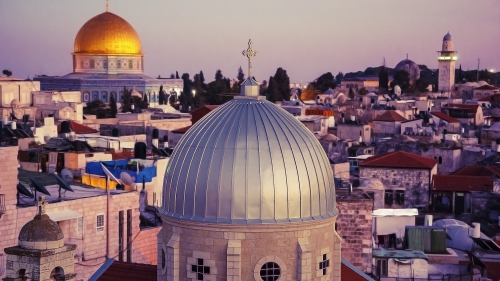Ramadan: Month of the Quran
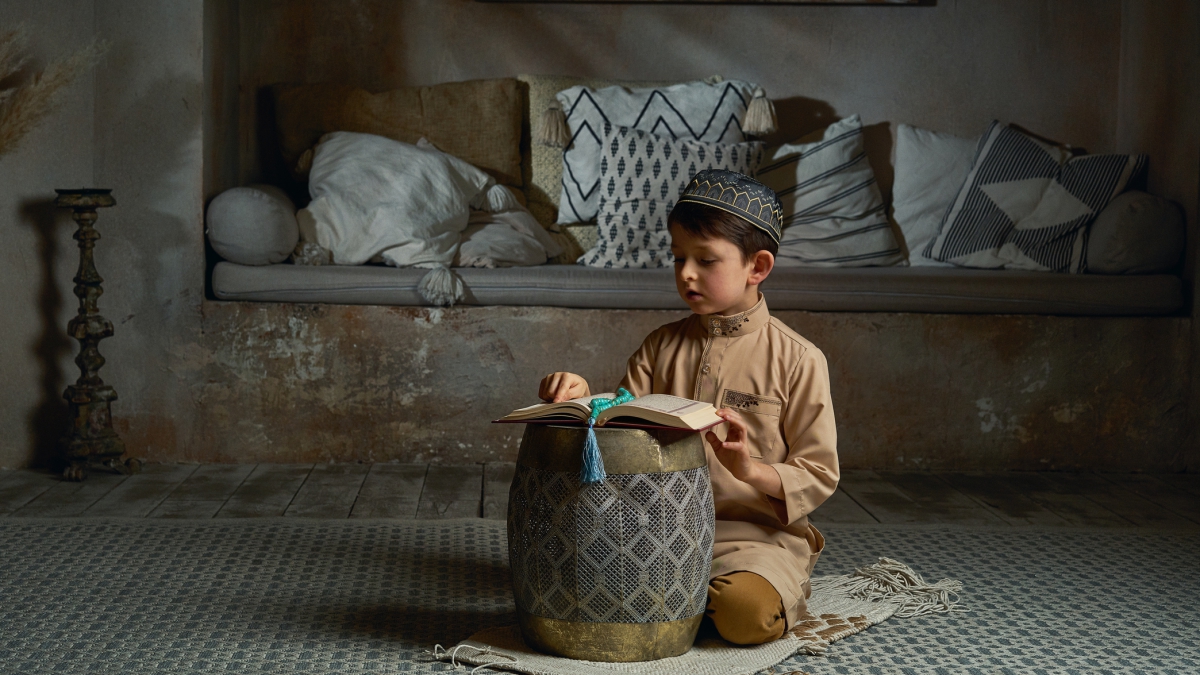
Ramadan is the (month) in which the Qur’an was sent down, as a guide to mankind and a clear guidance and judgment [so that mankind will distinguish right from wrong]. [Sûrah Al-Baqarah, 2:185]
Imagine a man in a desert receiving a nail one day, a piece of wood the next, a door handle one week, a piece of glass the next, and so on over a period of 23 years and then placing each piece immediately in its rightful place to build a multi-functional building, without ever seeing the design of that building or knowing any of the different functions for its use? Can you imagine this man executing this building faultlessly as the pieces come? [1]
Sounds impossible, right? Yet this is what happened with the Qur’an. It came down a few lines at a time over a period of 23 years to address past, present and even future events that would occur over the next two decades. Each piece was placed by Prophet Muhammad (ﷺ) in its appropriate place in what would become the Qur’an’s 114 chapters until a perfect book —with coherent and flowing chapters— emerged 23 years later. How did Muhammad know these future events would happen, how did he know the proper placement for each section, and how did he end up with a logically sequenced and unparalleled composition in patterned chapters?!
This, for Muslims, is proof of a divine plan from the God who created the events that would provide the material for His final revelation – the Qur’an.
Each prophet had a miracle: Jesus brought the dead back to life, Moses had the stick which parted the red sea. For the prophet Muhammed, the final prophet, his miracle is the Qur’an, the last testament for all mankind.
While the rest of the seventh century world was holding food and product markets, the Arabs were holding “poetry markets.” Language skills were the Arab’s unparalleled skill and point of pride. Yet when the Qur’an continuously challenged them in their area of expertise —to come up with a single chapter similar to the Qur’an — they failed miserably. With a single composition they could have delivered a death blow to Islam, yet the best of them, despite their continued efforts, were unable to do so!
Because of this failure they resorted to warfare to fight Islam and the Muslims; to force people away from the Qur’an was easier than producing a single chapter comparable to the inimitable style of the Qur’an!
Characteristics of the Qur’an:
1. Only one version of the Qur’an exists. If someone reciting the Qur’an makes a mistake in one word, Muslims all over the globe will correct him/her whether they were Chinese, Malaysian, African, American, or Arab.
Indeed, it is We who sent down the Qur’an and indeed, We will be its guardian. [Sûrah Al-Ḥijr, 15:9]
According to a BBC report, what turned out to be one of the oldest fragments of the Qur’an was carbon dated to around the time of Prophet Muhammad (ﷺ). When then compared to the present day Qur’an, the two documents matched. [2]
2. The Qur’an stresses the Oneness of God without partners, which explains the harmony in this universe and provides the simplest and most comprehensive explanation for the uniformity of raw elements, consistency in universal laws, and repeated motion patterns.
3. The Qur’an provides a direct path (without intermediaries) between the Creator and Man – it frees man from subservience to anyone but God.
4. The Qur’an is timeless in that it describes natural phenomena in a way that is acceptable to people of all eras regardless of the science of the time. As described by Prophet Muhammad (ﷺ), the Qur’an’s miracles never end and you never tire of re-reading it:
Narrated ’Atiyyah from Abu Sa’îd that the Messenger of Allah (ﷺ) said:
“The Lord —blessed and Most High is He— has said: ‘Whoever is too busy with the Qur’an for remembering Me and asking Me, then I shall give him more than what I give to those who ask.’ And the superiority of the speech of Allah [the Qur’an], compared to all other speech, is like the superiority of God over His creation.” (Jamî’ Al-Tirmidhî #2926)
5. The Qur’an acknowledges and honors all God’s prophets and corroborates their teachings; there is no monopoly on faith and no denial of other messages from God.
Say, [O believers], “We have believed in God and what has been revealed to us and what has been revealed to Abraham and Ishmael and Isaac and Jacob and the Tribes and what was given to Moses and Jesus and what was given to the Prophets from their Lord. We make no distinction between any of them, and we are Muslims [in submission] to Him.” [Sûrah Al-Baqarah, 2:136]
Islam is not a new faith, rather it is the faith of all prophets of God, from Adam until Muhammad, peace be upon them. Muhammad (ﷺ) is not the only prophet, but rather the last link in a chain of prophets.
If a Muslim does not believe in Moses or Jesus, peace be upon them, then his faith is flawed as he is denying crucial parts of the Qur’an. The only woman mentioned in the Qur’an by name is Mary, with a beautiful chapter named after her. Furthermore, the Qur’an states that Mary, mother of Jesus, peace be upon them both, is the best woman on Earth and attests to her purity.
[And mention] when the angels said, “O Mary, indeed Allah gives you good tidings of a word from Him, whose name will be the Messiah, Jesus, the son of Mary – distinguished in this world and the Hereafter and among those brought near [to Allah ]. [Sûrah Âl-‘Imrâm, 3:45]
6. The Qur’an is simple without any complexity, convoluted philosophy or contradictions. Religion is for all and should be understood by all: the man in the street, the child, etc. It is not just for scholars or clerics.
Then do they not reflect upon the Qur’an? If it had been from [any] other than God, they would have found within it much contradiction. [Sûrah Al-Nisâ’, 4:82]
7. The Qur’an respects the mind; encourages the application of logic and reason to arrive at God; no blind faith. It elevates knowledge and science. The first word of the revealed Qur’an was “Read” (iqrâ‘). The Qur’an swears by the pen and stresses the importance of knowledge.
God will exalt in degree those of you who believe, and those who have been granted knowledge. [Sûrah Al-Mujâdilah, 58:11]
8. The Qur’an is not contradicted by established (proven) science but rather confirms proven scientific facts. [3]
9. The Qur’an comes through a trusted source. Muhammad, the Prophet of Islam (ﷺ), was nicknamed “the honest one” for his integrity and honesty before and after he received the message. His ethics and comportment are studied and lauded by many great thinkers and historians. [4]
When the Qur’an talks about the past, it is confirmed by history. When it foretells it is confirmed by future events. When it talks about other religions it is confirmed by their holy books. [5] When it talks about creation and natural phenomena, it is confirmed by scientific facts.
For Muslims all over the world, Ramadan is the month to celebrate this everlasting miracle.
# # #
More details on the miracles of the Quran can be found in the English translation of Muhammad Abdullah Draz’s book, The Qur’an: An Eternal Challenge, the Kindle version, or a video series.
[1] This imagery is a modification of the example provided by Muhammad Abdullah Draz, in his 2014 book: Al-Nabâ’Al-‘Aẓîm, Dar Al-Kitab Al-Lubnani, page 181.
[2] Radiocarbon dating found the manuscript to be at least 1,370 years old, making it among the earliest in existence. 'Oldest' Koran fragments found in Birmingham University, BBC Report
[3] This book by Dr. Bucaille includes many examples of the intersection between the Qur’an and established science: https://www.academia.edu/36994097/The_Bible_The_Quran_and_Science_By_DR._Maurice_Bucaille
[4] http://www.cyberistan.org/islamic/quote1.html
[5] Muhammad Draz (2014) page 62
Dr. Raida Jarrar is a Palestinian American who holds a Doctor of Engineering from Cleveland State University. Following a career of over thirty years in the fields of engineering and aviation IT, she started exploring theology and its relationship with logic and science.
Article provided by Al Jumuah Magazine, a monthly Muslim lifestyle publication, which addresses the religious concerns of Muslim families across the world. To subscribe please visit https://store.aljumuah.com/
Topics: History, Islam And Science, Prophet Muhammad (S), Prophets, Quran, Ramadan, Tawhid (Oneness Of God), Time Channel: Ramadan - Day 5
Views: 5204
Related Suggestions









